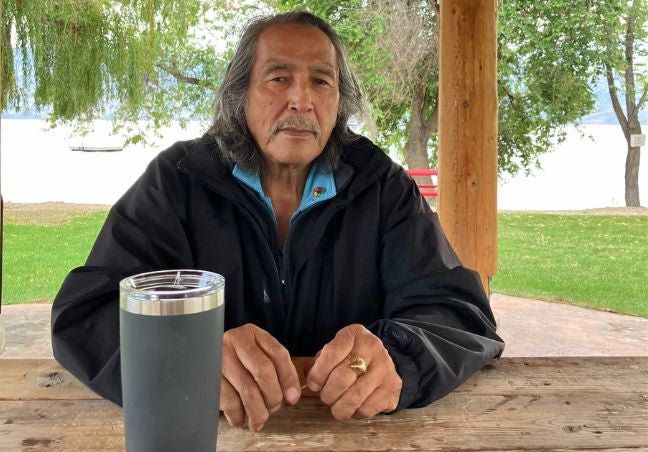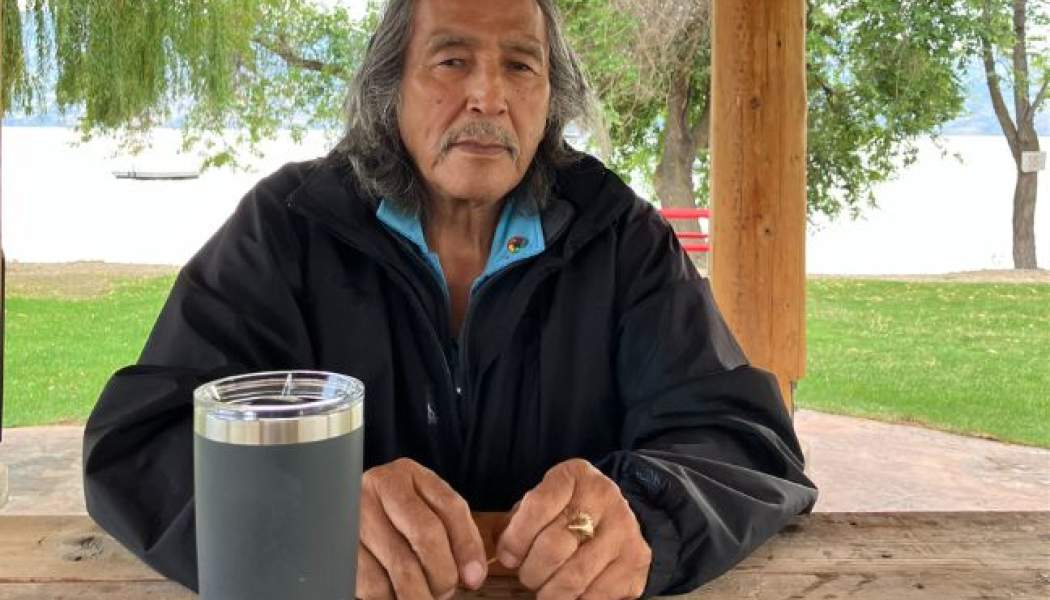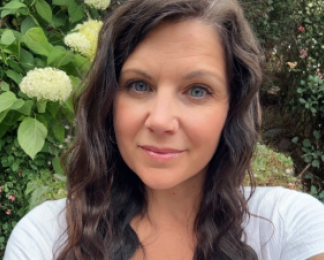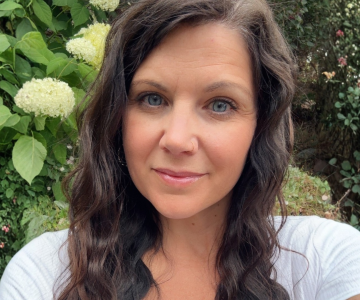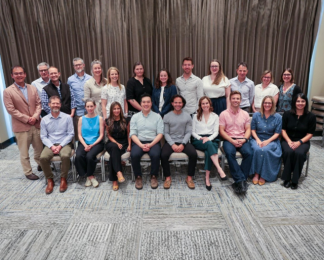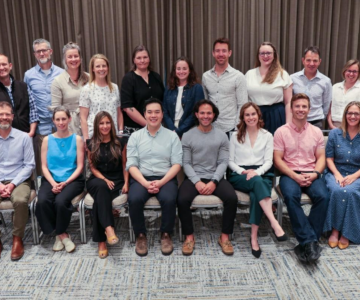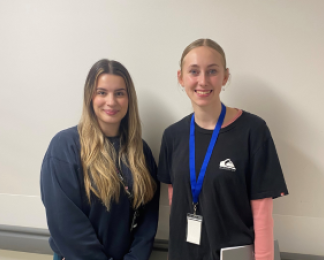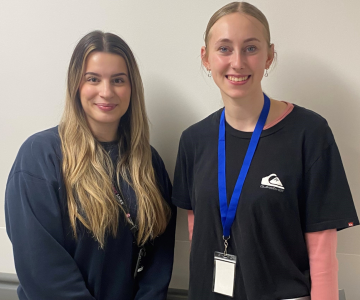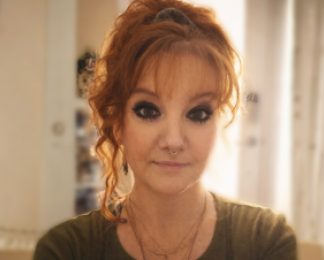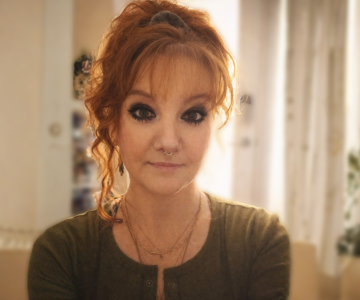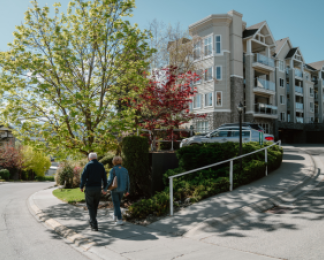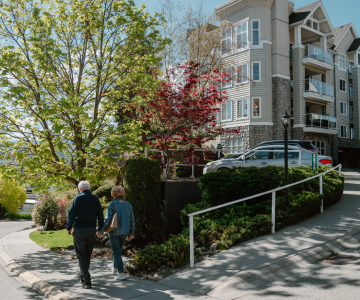Content warning: residential schools, death
Name: Wilfred Barnes / kninmntəm tə nq̓ʷictn (he/him/his)
Role (within IH): syilx Elder, syilx knowledge & nsyilxcn language Educator
Years of Service: 20 years teaching 3rd year nursing students
Ancestral Territory: syilx
Community: Westbank First Nation
My English name is Wilfred Barnes my nickname is Grouse. My ancestral name is knirmtəm ta nqʷictn which means bump by sister in law. My dad had a sense of humor. Everybody knows me by Grouse. I am 72 years old; between me and my wife Pamela Barnes we have 6 kids, 17 grand babies and 1 great grandson. We are pretty invested in the future. My wife and I are adjunct professors for UBCO School of Nursing where we teach third-year nursing students cross-cultural awareness and cross-cultural safety teachings for about 10 years. We also teach at Okanagan College; they have a nursing program at the college.

